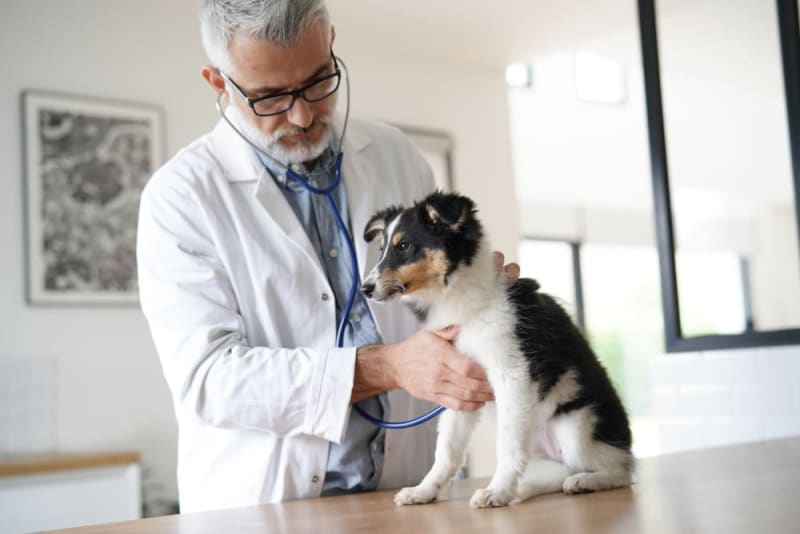
In the world of wagging tails and wet noses, there’s a sly bugger lurking around that can send shivers down any dog owner’s spine: Kennel cough. its the canine equivalent of a human cold, but with a twist. So, let’s dive into the world of Kennel cough, uncover its symptoms, and explore the treatment options that will get your furry friend back to their playful self in no time!
Unraveling the Enigma: Symptoms of Kennel Cough in Dogs
Symptoms of Kennel Cough in Dogs:
Kennel cough, also known as canine infectious tracheobronchitis, is a highly contagious respiratory infection that affects dogs. The most common symptom is a hacking, dry cough that persists for 1-2 weeks. Other symptoms may include:
Sneezing
Runny nose
Lethargy
Loss of appetite
* Fever
In severe cases, kennel cough can lead to pneumonia.If your dog develops a cough, it is essential to consult a veterinarian for proper diagnosis and treatment.
The Arsenal of Treatment: Battling Kennel Cough Effectively
To combat kennel cough, veterinarians employ a range of treatments tailored to the severity of the condition. Antibiotics, such as amoxicillin, clavulanate, or doxycycline, are often prescribed to combat bacterial infections. Cough suppressants and expectorants may provide relief from coughing fits and aid in clearing mucus. In more severe cases, oxygen therapy may be necesary to support breathing. Nebulizers, which deliver aerosolized medications directly to the lungs, can help reduce inflammation and open airways. Severe cases may even warrant hospitalization for intensive care and respiratory support.
Empowering Knowledge: Prevention and Management of Kennel Cough
Understanding the symptoms and treatment options for kennel cough is paramount to safeguard the health of your canine companion and contribute to their overall well-being. Preventative measures, such as vaccinations and minimizing exposure to infected dogs, are crucial in mitigating the risk of infection.For dogs exhibiting symptoms, veterinary guidance is essential to determine appropriate treatment based on the severity and underlying cause of the infection. While antibiotics may be prescribed in some cases, symptomatic care, such as rest, hydration, and cough suppressants, plays a notable role in supporting your dog’s recovery. By arming yourself with knowledge and working closely with a veterinarian, you empower yourself to effectively manage kennel cough, promoting the respiratory health and overall well-being of your beloved pooch.
Insights and Conclusions
And with that, we reach the end of our informative journey into the world of kennel cough in dogs. Remember, staying informed about canine health concerns is crucial for every dog owner. Should any signs or symptoms arise, do not hesitate to seek professional veterinary guidance promptly. By understanding the symptoms, treatment options, and preventive measures, you can play an active role in safeguarding the well-being of your furry friend, ensuring a healthy and harmonious bond for years to come.


Leave a Reply